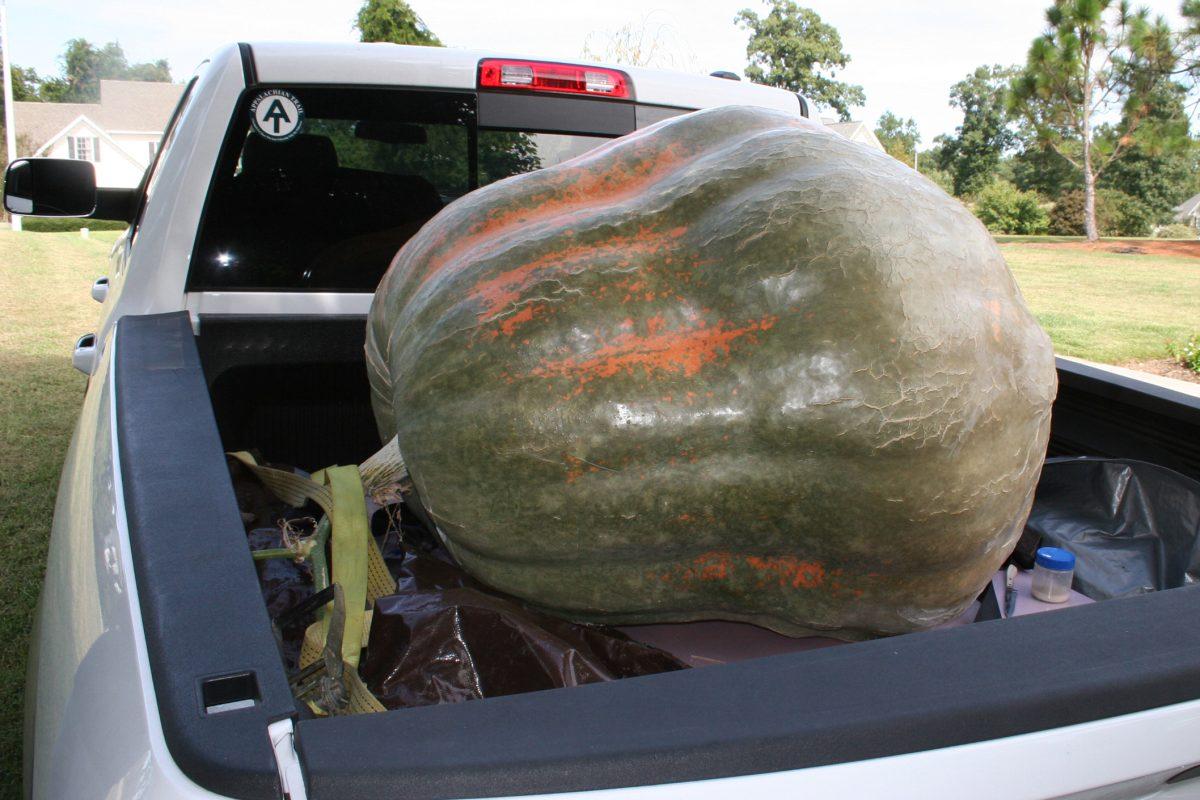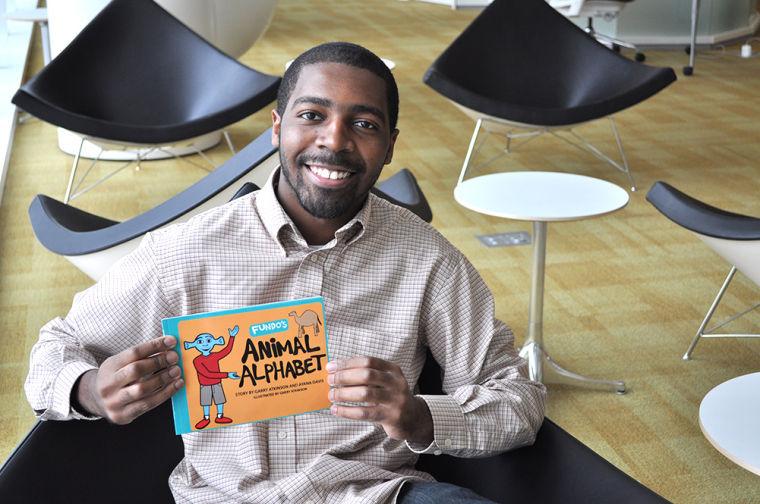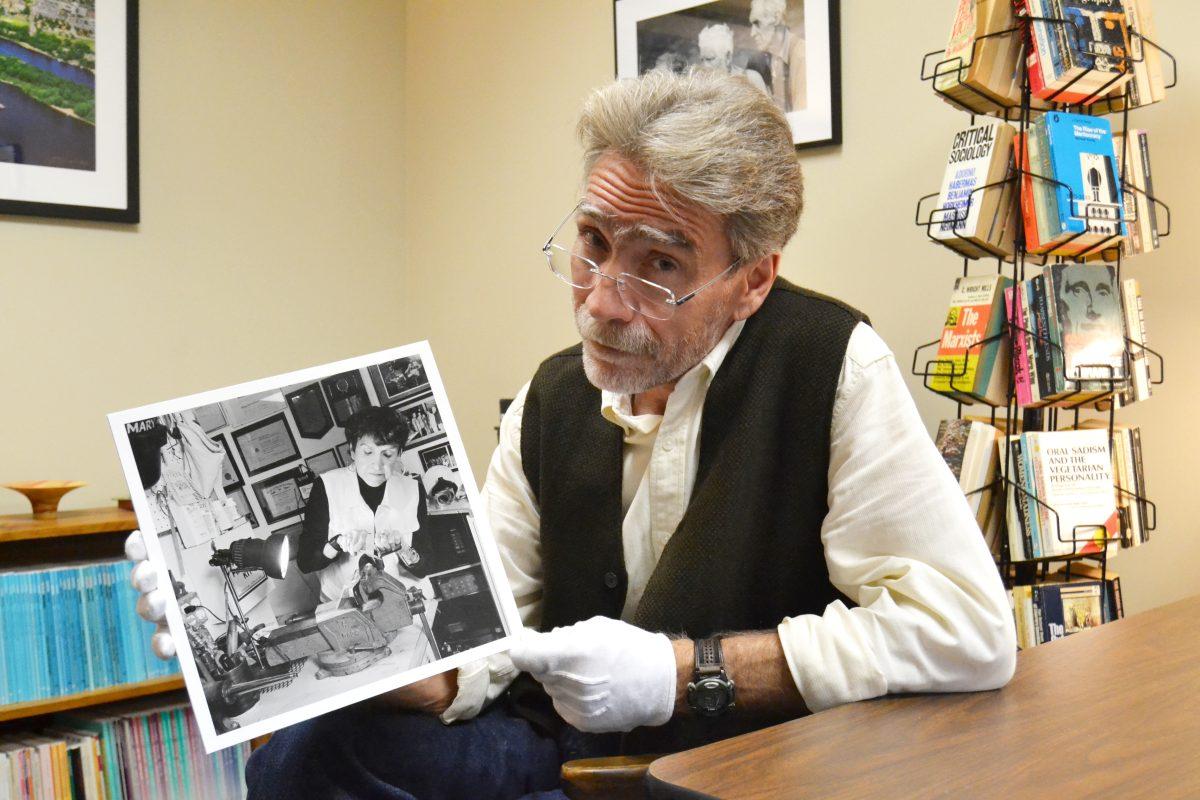Victims of relationship or sexual violence may often feel alone and without a clear sense of what to do. But each year, the N.C. State Women’s Center takes in new volunteers to operate the sexual violence phone line as a means of helping these victims find their footing.
The Women’s Center keeps the Relationship and Sexual Violence Phone Line open 24/7 year-round to help victims of sexual violence to take the next logical step, whether it be to seek counseling, campus police, student health or otherwise.
“The hotline is in place for those moments when resources are unavailable,” Jenn Scott, assistant director of interpersonal violence services, said. “It’s really just a starting place.”
Scott spearheads the RSVP Line and helps train volunteers and handles follow-up calls.
Scott and other members of the Women’s Center train volunteers to assist in nonjudgmental ways that offer support and guidance to those who call the hotline.
Phone line operators, according to Scott, have two goals: to be a supporter and to offer resources to victims of sexual or relationship violence.
The difference between sexual and relationship violence, according to Scott, is that sexual violence may come as just a facet of relationship violence.
“We define relationship violence as a pattern of behavior that’s designed to exert control over your partner,” Scott said. “There are a variety of behaviors that can fall into that, whether it’s physical, verbal, sexual, emotional, et cetera.”
The phone line is a confidential resource, meaning callers can share as much or as little as they choose, and the operators won’t repeat anything a caller says.
Training for volunteers incorporates three 18-hour trainings. Volunteers need only attend one training session each before they begin operating the phone line.
The trainings cover three major issues: rape and sexual assault, dating violence and stalking. Also covered in the training are myths and facts and other considerations for helping victims of relationship violence.
“Folks get a lot of work with communication skills and we do role-plays and practice [operating the lines],” Scott said.
According to Scott, volunteers often worry they’ll forget what to say or how to treat a situation.
“I tell my volunteers, ‘If you can do three things, you’ve set someone on their way,’” Scott said. “‘Make sure that it’s clear that someone knows they’re believed, that it’s not their fault and that someone cares about them.’”
Many of the volunteers help, according to Scott, because they have a relevant major or want to pursue a relevant career.
Some students, Scott said, volunteer because they experienced some form of sexual or relationship violence and feel they can help others going through similar experiences.
N.C. State is not unlike other colleges or universities insofar as the prevalence of rape and sexual assault. According to Scott, women have about a one-in-five chance of being assaulted before graduating from most universities.
According to Scott, it’s difficult to gauge prevalence of sexual abuse among college males, because they are typically reluctant to report anything. Scott said one out of 33 men fall victim to sexual or relationship violence at some point in their life.
Scott said one of the Women’s Centers’ goals this year is to have more people using the phone line and to get the word out as much as possible about the RSVP Line.
“We’d really like to see more folks take advantage of it,” Scott said. “There totally are folks out there who need it, who maybe aren’t aware that it’s a resource or might be hesitant to call for some reason.”
The 24-Hour RSVP Line can be reached at 919-618-7273.
If you’re interested in volunteering as a phone line advocate, email womens-center@ncsu.edu.




